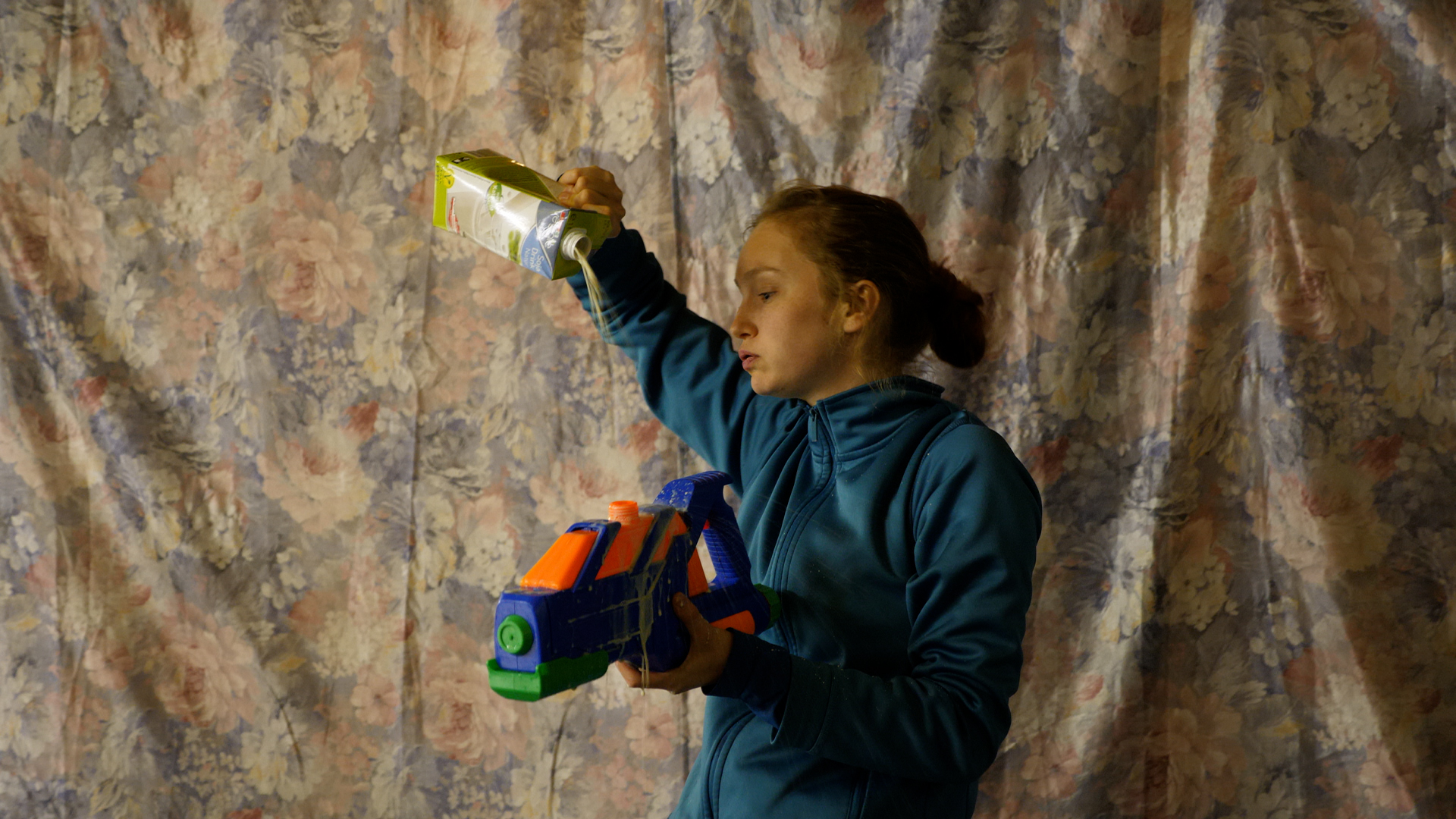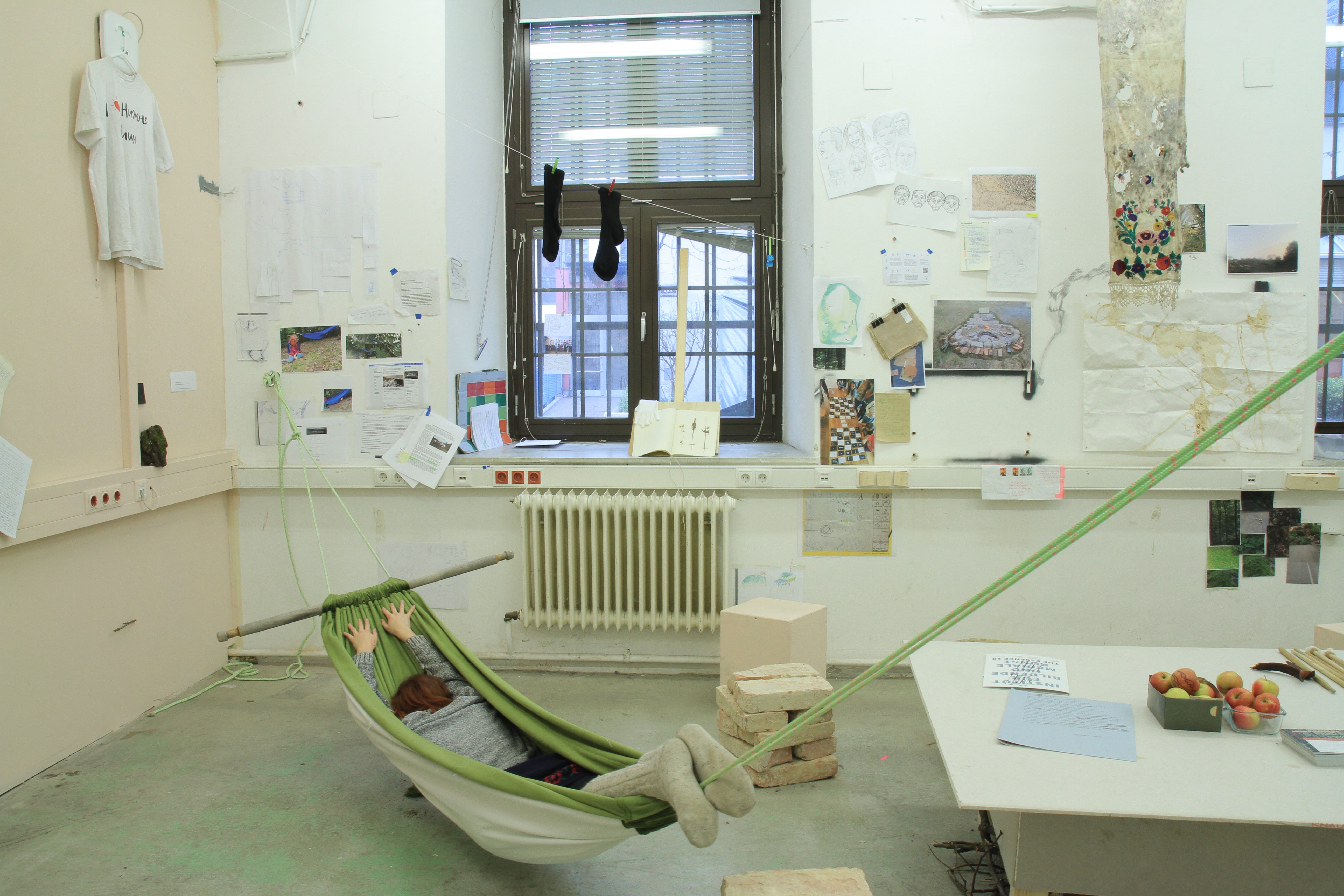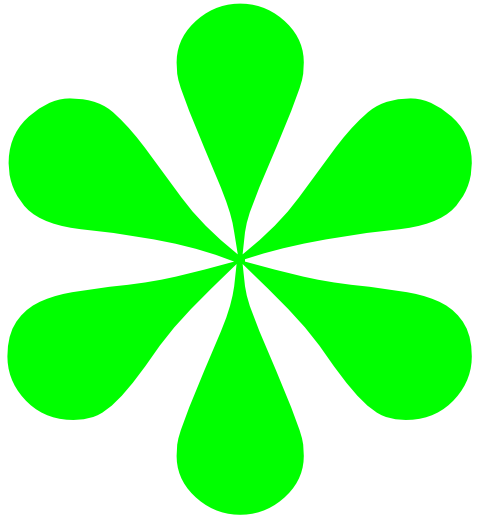
ROSIE BENN
“In this world of apparent order,
unruly moments also take place.
Where these
edges
fray and curl
might be the reason why we feel
like going on at all.”
”
#INSTALLATION #FABULATION #PERFORMANCE #SCULPTURE
BIO. Rosie Benn is a transdisciplinary artist and researcher based in Vienna whose work is inspired by dialogical aesthetics, critical theory, and queer ecologies. Her practice explores environmental discourses through non-linear narratives. The work navigates regenerative approaches, applying the technique of collage to various mediums such as drawing, performance, video or situational works which seek alternative cosmologies and kinships.
For Rosie, art is a process with which epistemologies can be poetically and holistically engaged. In which apparent mess, with the right tending to, can make space for complex meanings and absurd truths.
In this world of apparent order, unruly moments also take place. Where these edges fray and curl might be the reason why we feel like going on at all.
rosiebenn.com
mail instagram

Video still: © Tsai-Ju Wu
What’s easier to train, a cat or a human? (2020)
Lecture-Performance
The Lecture-Performance explores ethical paradoxes encountered when raising cats. A backyard garden ecosystem and cat food packaging are analysed concerning cultural and legal constructions of so-called animal and human interrelations. Props are used as cues to trigger stories about the ontology of everyday artefacts and objects. Excerpts include the on-site artistic research and interviews conducted with alternative food production and living together projects in vegan agriculture, forest gardening and animal sanctuary. Elements of strain and contradiction are embraced rather than hidden when delving into this personal interpretation of the current ecological and social crisis. Investigating the experience of mutual struggle in re-training, how ones habits, contradictions and dependencies can be a lens for societal matters.
‘If this is an awful mess...then wouldn’t something less messy make a mess of trying to describe it?’
John Law, After Method: mess in social science research

Photo: © Johanna Folkmann
The State of the Observer (2017)
Research Video
Rosie Benn & Johanna Folkmann
Sound by Gregor Glavanovitz & Sebastian Pfeiffhofer
Reflecting on different statuses of observing. In the context of an open source project like CERN, where do the boundaries begin and end for this scientific setting and its team? How can the scene for a production of knowledge be portrayed and how did our interchanging role as Artist and Tourist at CERN affect this? Can we think of technology as an isolated product of genius engineering or does the exploitative rabbit in the magician’s hat (Hornborg, 2017) put a strain on the paradoxical entanglement of progress? How might we position ourselves concerning our own practice in art, science and everyday routine within a complex system of cultural contradictions? (Decter, 2013). All of which are stickily entangled in the artifact network and globalised industry (Hornborg, 2016).

Photo: © Johanna Folkmann
How to make a sanctuary out of a shit situation? In life and environmental politics (2018-19)
Tool for contemplation
I started with a plan to make a zip wire in response to a ski resort dilemma. However, heartbroken, my weary body couldn’t keep up. After wrestling with ropes and metal clips the result proved quite lame. So, I surrendered to my floppy heart and took a different pace. Residing in a mossy space, in which a tool for contemplation developed, one for tuning in and out. Through the hammock window others described to me what they saw. An ant passing by, weaving in and out of the mossy humps and hills along the ground. We spoke about what it must be like to be so small, and if we were another animal, which we would like to be. A boy said he would like to be a bat so that he could fly around at night when no one was around. What the hell does this have to do with environmental politics? Well, it taught me that on a very basic level, sometimes when you take an action that feels right for you, the right people come. What if we had the chance to take more time looking through hammock windows?
